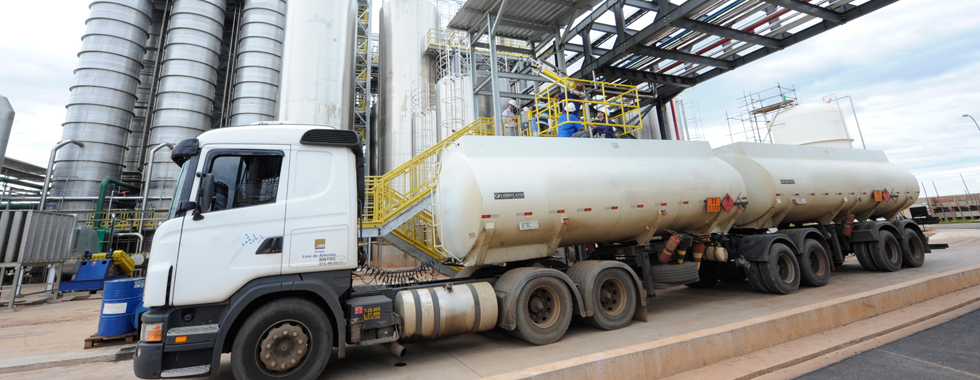I really commend Amyris’s impressive PR machine as I keep getting constant updates from the company every month.
This one is interesting as the company announced today an agreement with Phyto Tech Corp (doing business as Blue California) where its affiliates will provide access to its fermentation manufacturing in China and provide the necessary capital to produce Amyris’s No Compromise® ingredients (that are based from farnesene). Blue California is based in Southern California and is a major producer in food, flavor and fragrance ingredients and nutraceuticals.
Blue California and its affiliates have an expanding fermentation production based in China with capacity to support the Amyris technology. This partnership also includes Blue California’s status as the preferred contract manufacturer for Amyris outside China when and where it is able to meet the current cost structure of Amyris production and to maintain Amyris’s low-cost, high-performance product value proposition. Amyris will provide the technology and is responsible for delivering the products to its customers and collaboration partners.
According to Amyris, sales in China for its No Compromise® ingredients such as its farnesene-based Vitamin E oil, have more than doubled and are expected to continue strong growth in the personal care and nutrition segments. The company expects to generate $50 million+ in revenue over the next 12-18 months from its sales into China.
Last week, Amyris reported that it has achieved record first-quarter product sales for its Biossance brand, which is reportedly growing from less than 2% of Amyris product revenue in 2016 to more than double what was originally planned for 2017. The company expects its personal care business to once again be one of the fastest-growing personal care businesses in the sector.
In early April, Amyris announce that its partner, Total Cray Valley has announced a new tackifying resins derived from its Biofene® branded farnesene. Cray Valley’s Wingtack family of tackifying resins have been manufactured with piperylene (a volatile hydrocarbon that is a byproduct of ethylene production) as a primary ingredient. Cray Valley was able to use farnesene as a sustainably-sourced 30% replacement for piperylene while reportedly maintaining solid performance, particularly for use in hot melt and hot melt pressure sensitive adhesives.
Tackifier resins are typically derived from trees (pine resins/rosin resins) or citrus fruit sources as well as petroleum-based feedstocks. Total Cray Valley is part of Total’s Polymers division within the Refining and Chemicals branch. Cray Valley launched the new bio-based tackifying resins at the recent Adhesive and Sealant Council (ASC) Spring meeting, which we recently reported on the blog on April 7.
In my opinion, the manufacturing agreement in China is a very good news for Amyris given that the company’s farnesene supply has been very tight and it was difficult for the company to match demand. Still, it is difficult for any prospective customers to rely on just one supplier. This has been one of the greatest challenges for any companies to use novel molecules.





